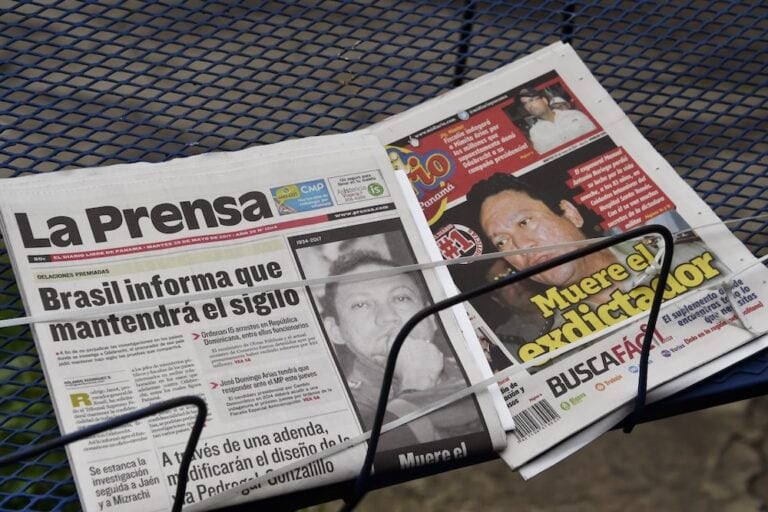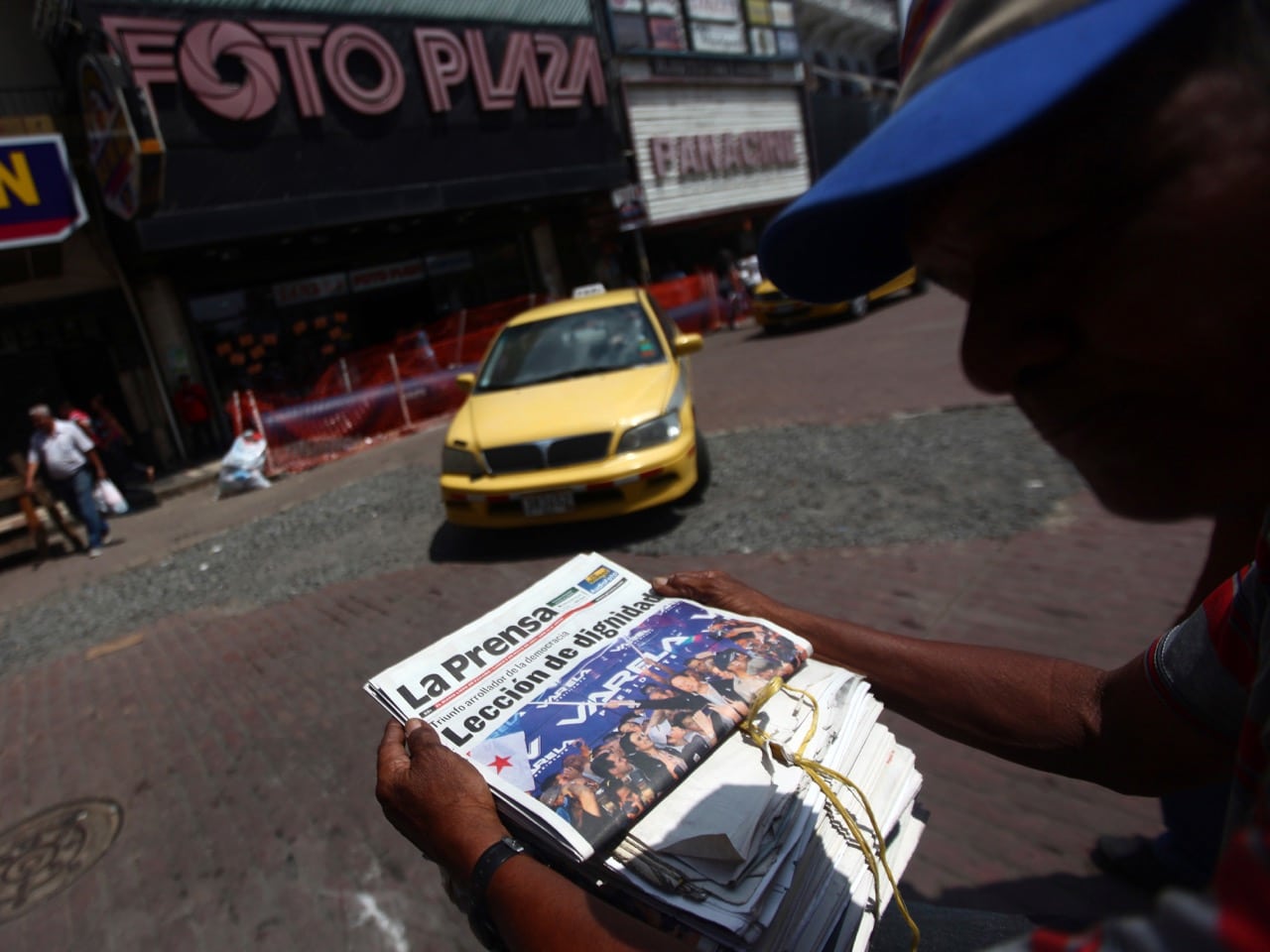"This ruling represents a victory for press freedom in Panama and sets a precedent reinforcing the essential role of journalism in holding those in power accountable. We applaud the Supreme Court for upholding the principle that public interest must prevail over attempts to silence the media through civil lawsuits" - IAPA
This statement was originally published on en.sipiapa.org on 19 May 2025.
The Inter American Press Association (IAPA) celebrates the recent ruling by the Supreme Court of Justice of Panama, which definitively dismissed the civil case against the newspaper La Prensa, considering it an important step forward for freedom of expression and the practice of investigative journalism in the region.
The La Prensa Corporation, as reported, was favored by a unanimous ruling from the First Civil Chamber of the Supreme Court of Justice in the lawsuit brought by the estate of the late former magistrate César Pereira Burgos, seeking $25 million in damages for three publications by La Prensa in 2006.
The highest court, with Justice Olmedo Arrocha Osorio as the reporting judge, emphasized that La Prensa’s actions fell within the public interest and the citizens’ right to be informed.
Martha Ramos, president of the IAPA’s Press Freedom and Information Committee and director of the Organización Editorial Mexicana (OEM), added: “This decision sets an important precedent for freedom of expression in Panama. It reaffirms that journalists cannot be punished for investigating and reporting on matters involving public figures. It is also a clear message against the abusive judicialization of journalism.”
This ruling is particularly significant given that La Prensa Corporation currently faces 14 civil lawsuits and 5 criminal complaints from former officials, former government contractors, legislators, and other public figures – including former head of state Ernesto Pérez Balladares and former judge Argentina Barrera – seeking nearly $40 million in fines and damages.
The IAPA has already warned about the leniency of Panama’s justice system, where current laws allow plaintiffs to request the freezing of a media outlet’s assets during legal proceedings—even without a ruling—and intentionally pursue excessive claims that result in extremely high legal costs, regardless of whether the case is eventually dismissed.
The IAPA has worked in many countries to ensure that lawsuits filed by public figures against the media and journalists – aimed at repairing their honor or reputation – are handled in civil, not criminal, courts, and that such claims are proportional and any resulting compensation is reasonable and determined by judges.
Last February, the IAPA deemed the endorsement by the presidents of the three branches of the Panamanian State of the Chapultepec and of Salta II declarations as a landmark achievement, considering this act reflects a firm commitment to freedom of expression and press, essential pillars for democracy.



